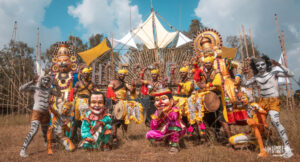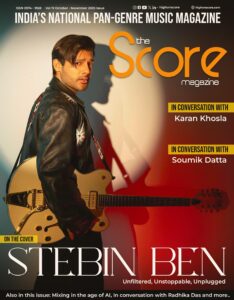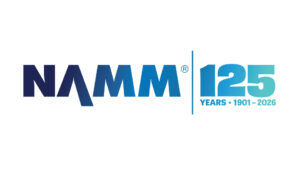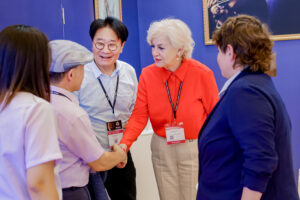In conversation with Dr. Tara Rajendran, a physician-Indian classical Musician (‘Saraswati Veena’) – Score Short Reads
When did you start as a musician, and who did you learn from?
My parents were deeply fascinated by how playing ‘Mahaganapatim,’ a popular South Indian classical piece, on our red tape recorder brought down my grandmother’s anxiety while she was ailing with leukemia. That’s why they ensured that I received exposure to Carnatic music from a young age. My grandmother passed away in 1998, and the same year, I began my vocal training.
Two years later, at age 7, I started taking lessons on the Saraswati Veena. I spent my formative years learning Veena under Venkitachalam Balakrishnan Potti’s tutelage, acclaimed Veena artiste from Kerala, a protege of ‘Sangeeta Kalanidhi’ KS Narayanaswamy. Although I started off with the ‘Thanjavur tradition,’ my mentors walked me through the Karaikudi tradition during my time at Annamalai University, pursuing a bachelor’s and master’s degree in Veena.
Chitti Babu, arguably one of the finest Vainikas, is someone I listened to my entire childhood. His exquisite tonal quality and plucking techniques have left an indelible mark on my mind. My music has the impact of all three styles.
How important is healing through music, according to you?
Music has tremendous influence in shaping ancient civilizations and individual lives, and it has been promulgated as a muse and therapy by philosophers, including Aristotle and Plato. The first mention of music therapy in the literature is about Homer, the Greek author who won laurels for successfully practicing music therapy during surgeries. Perhaps this healing element in music makes us think that it’s not quite a coincidence that Apollo is the God of both medicine and music!
The field of music therapy traces its beginnings to World War II, when veterans with post-traumatic stress disorder were treated with music. It’s undeniably a burgeoning field. Integrating music into Indian healthcare will be impactful and cost-effective. However, we need to fill in several gaps, one of which is investing in randomized controlled trials on musical interventions customized to the Indian population.
What are some of your discoveries, having practiced this over the years?
Besides being a sacred refuge during periods of stress and physician burnout, music has fostered the values of patience, purposeful listening, and repetition while growing up. I started to give public performances at age 7, which instilled in me the strength of believing in yourself when placed in an emotionally vulnerable position. While pursuing a master’s in classical music, I wandered through the element of emotions invoked by the melodies. Music shares an intimate connection with the human brain.
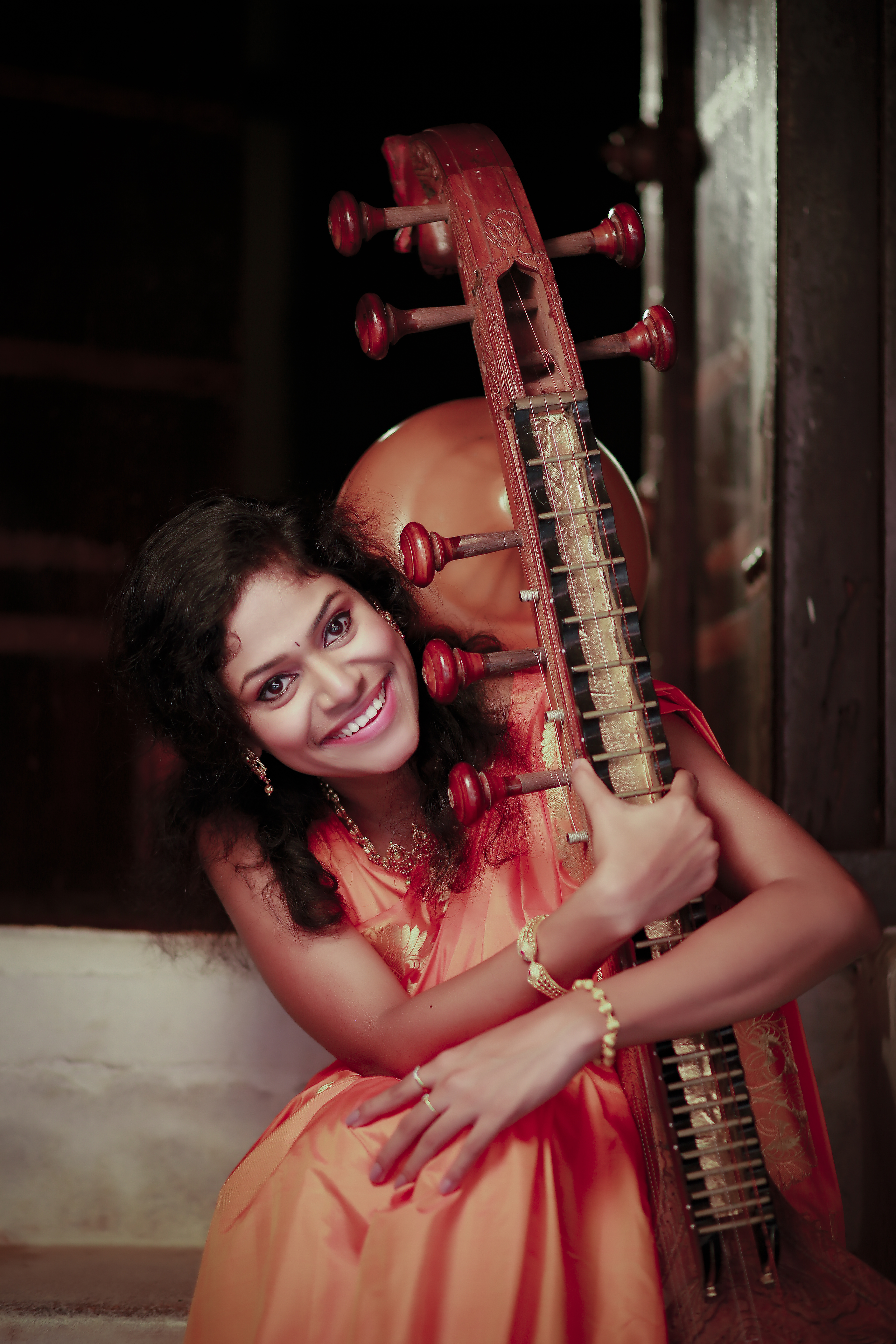
Could you highlight some key benefits of patients healing through music?
While there is heterogeneity in the research methods of randomized controlled trials conducted across the world over the years, all of them conclude that music therapy reduces anxiety and stress in patients. Music has a significant positive impact on memory and orientation among Alzheimer’s patients. Music may improve social interaction and verbal communication among autism spectrum disorder. It was found to help reduce mood disturbance among autologous stem cell transplant patients.
What are the challenges you face as a female artist in this industry?
We are standing on giant shoulders. I am exceptionally grateful for the somewhat-gender egalitarianism of the present day to the pioneers, the female trinity who made a foray into the patriarchal citadel of the early 1900s. While the disparities and discriminations continue, female musicians, have made great strides.
Your upcoming projects and plans
‘Oncology and Strings’ is my ambitious international project, which I started in 2019. It’s a lecture-concert series where I advocate the importance of introducing music into India’s palliative oncology infrastructure. I am also lending free mp3 classical instrumental clips to play passively in the hospital corridors (therapeutic music therapy).
I am optimistic that, slowly but surely, India will have NMC accredited music therapy academic training programs that will enable music therapy as an established health care profession.
Do Follow :
Instagram – https://www.instagram.com/tara_rajendran


